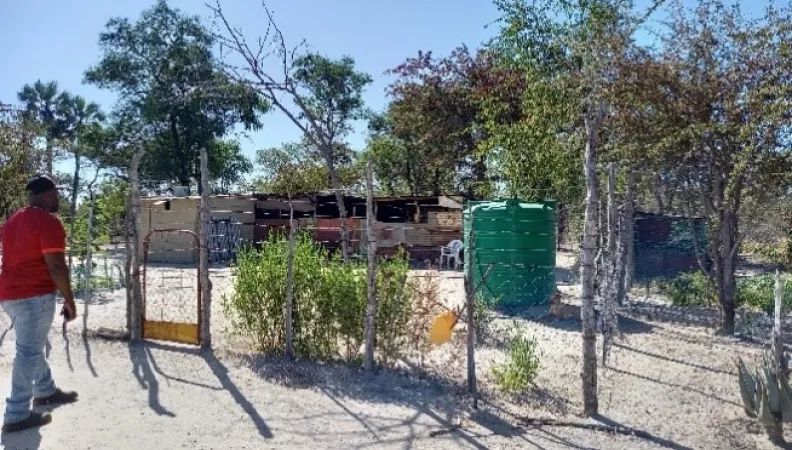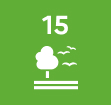Share the page
Bioelectricity and Savannah Restoration in Namibia (OBPS)
Project


-
Project start date
-
Status
In progress
-
Estimated date of project termination
-
-
Project financing date
-
-
Financing duration
-
5 years
-
Type of program
-
FFEM
-
Global financing amount
-
134000000 €
-
FFEM financing amount
-
3000000 €
-
Project lead member institution(s)
-
AFD
-
Country and region
-
Namibia
-
Beneficiaries
-
NamPower
-
Type of beneficiary
-
Non-financial public or parastatal company





The project aims to promote sustainable bush clearing practices to restore grazing lands, improve soil fertility, and enhance environmental and social benefits. By optimizing biomass supply to the Otjikoto Biomass Power Station (OBPS), it contributes to more sustainable natural resource management and local development.
Context
In Namibia, bush encroachment affects over 60 million hectares, threatening savannah ecosystems and undermining traditional livelihoods such as hunting and pastoralism. This phenomenon accelerates soil degradation—an urgent challenge in a country where over 50% of the population lives in rural areas, and 71% depend on subsistence farming and pastoralism. To address this, the Namibian government is advancing sustainable natural resource management. This project leverages an innovative solution: valorizing biomass from bush thinning to restore degraded lands, conserve biodiversity, and strengthen local development.
Description
The project is structured around five key components to ensure responsible bush exploitation while maximizing social and environmental benefits:
- Develop and implement environmental and social management systems to ensure ecosystem and community-friendly harvesting practices.
- Collect, analyze, and capitalize on biodiversity and socio-environmental impact data to inform best practices.
- Train and raise awareness among harvesters and landowners on sustainable bush thinning and post-harvest management techniques (aftercare).
- Develop a sustainable community-based harvesting model that guarantees fair benefit sharing with local populations.
- Strengthen institutional frameworks and engage stakeholders to promote the long-term adoption of best practices in bush thinning and post-harvest management.
This integrated approach supports sustainable bush management for biodiversity conservation, community resilience, and energy transition.
Outcomes
To combat bush encroachment in Namibia, FFEM supports the establishment of a 40 MW biomass power plant developed by NamPower. Fueled by wood chips derived from bush thinning, this initiative combines energy transition, ecosystem preservation, and local economic development.
Key expected outcomes include:
- Restoration of savannah ecosystems by rehabilitating bush-invaded lands.
- Develop of a sustainable, FSC-certified biomass supply chain generating decent jobs and income for local communities.
- Strengthening Namibia’s energy independence by reducing reliance on imported fossil-based electricity.
Environmental protection through enhanced biodiversity, groundwater recharge, and improved drought resilience.
The innovative project demonstrates that sustainable bush management can be a win-win solution for the economy, environment, and local populations
Innovative and exemplary features
For FFEM, engaging in a bioelectricity project with the co-objective of restoring degraded lands is truly unique. The OBPS project is innovative as a pilot initiative for savannah and pasture rehabilitation through the energetic valorization of invasive bush. It will serve as a knowledge laboratory thanks to data collection activities and the emphasis on participatory methodologies with target communities.
The project’s innovation also lies in developing a fair biomass supply chain involving various suppliers, including SMEs seeking growth opportunities. It stands out for its socially inclusive approach by proposing a community-based supply management model adaptable to resettlement farms and communal lands.
Sustainable Development Goals
ODD1 No poverty

ODD7 Affordable and clean energy

ODD8 Decent work and economic growth

ODD12 Responsible consumption and production

ODD15 Life on land



